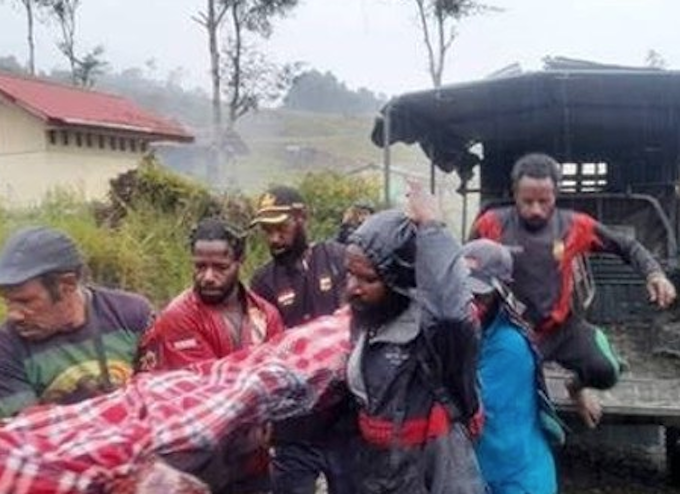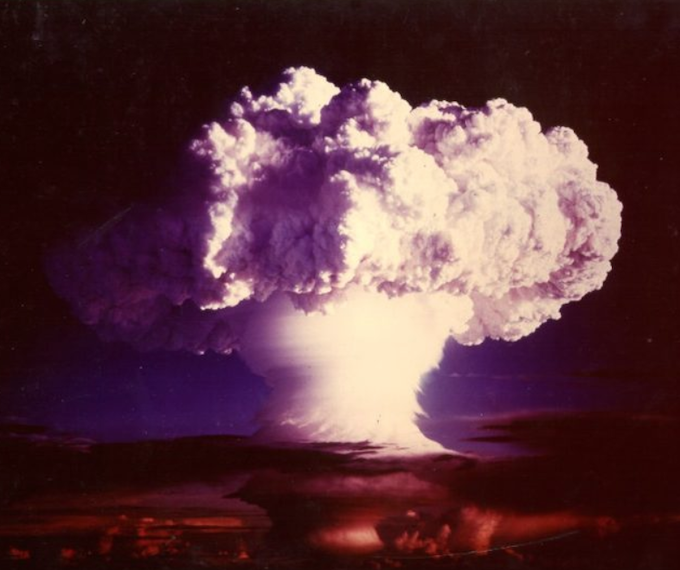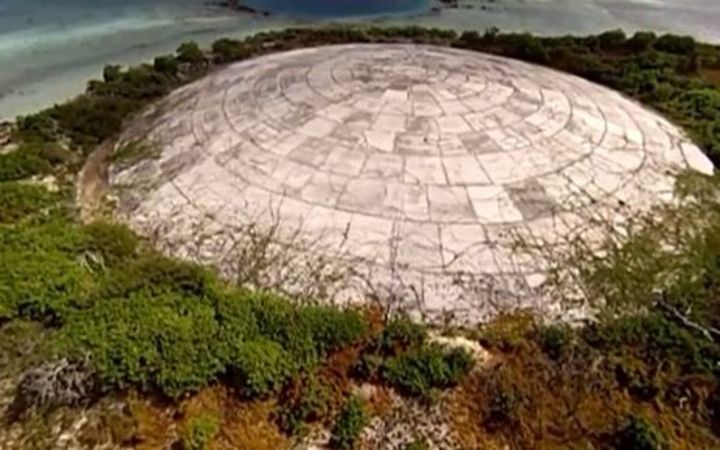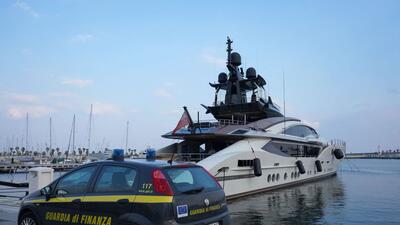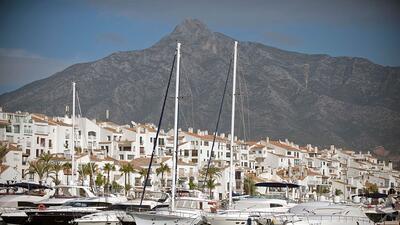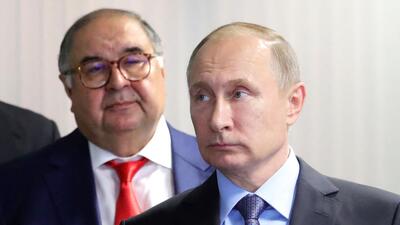PNG faces dilemma over ‘momentous’ decision to reopen Bougainville’s Panguna mine
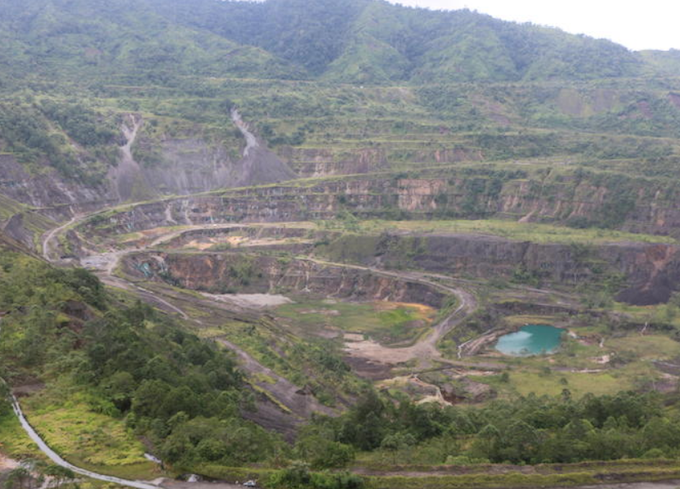
Last week the Bougainville Autonomous Government announced an agreement had been reach with Panguna landowners to reopen the island’s controversial gold and copper mine.
Once the backbone of the Papua New Guinea economy, Panguna has been idle since the civil war began more than 30 years ago — a war the mine was at least partly responsible for.
But now the leaders of the five major clans in the Panguna area — Basikang, Kurabang, Bakoringu, Barapang and Mantaa — have said they will allow the mine to reopen.
Don Wiseman of RNZ Pacific asked Islands Business specialist writer on PNG Kevin McQuillan about the significance of the decision:
KMcQ: “This is hugely significant. It’s significant for the people of Bougainville, the Bougainville Autonomous Government, the national government, and, dare I say, probably the whole region. But on the other hand, it also creates a huge dilemma for the national government. Panguna was probably the second biggest copper and gold mine in the world, and at one point and accounted for two fifths of Papua New Guinea’s GDP.
“So when it was operating, that was a huge source of income for the national government. But it wasn’t so much of course, for the people of Bougainville, which prompted the 10 years civil war in part. The other element of that civil war, apart from the poor income that the operators gave the people of Bougainville was the environmental damage to the island of Bougainville.”
DW: President Ishmael Toroama has said that being able to open Panguna again is a critical step on the road to independence, in terms of showing economic viability.
KMcQ: “Yes. And that’s reflected also in the fact that there’s been mounting pressure over the last probably 10 or more years for the mine to open because the generations coming through have had very little in the way of food, shelter, clothing, educational opportunities, so on and so forth. And a lot of that pressure to reopen has come from the younger generation, because they want the opportunities that they know exist.
“For the national government it creates the dilemma of having agreed to discuss Bougainville breaking away, but not wanting to break away. What does it do to keep Bougainville within the fold, because the potential income for not just for Bougainville but for the country as a whole is enormous — 42 percent of GDP when it was operating.
“It may not be as much when it does get back up and running, but it will certainly be a significant contributor to the PNG economy. So where [Prime Minister James] Marape and whoever takes over as prime minister, if he loses the election this year, goes with discussions on Bougainville and its independence is hugely significant for the country as a whole.”
DW: This idea that President Toroama has of it being a conduit to independence may in fact work in the other direction.
KMcQ: “Well, it all depends on the negotiating skills really. The other element that comes into play is that BCL — Bougainville Copper Ltd — is now jointly controlled by the Papua New Guinea government and the Bougainville Autonomous Government, through a company called Bougainville Minerals Ltd. They both own a 36.4 percent share in Bougainville Copper.
“Over the past few years there have been promises from the national government to transfer that 36.4 percent shareholding that the national government has to the people Bougainville, which would give it roughly 72 percent shareholding in Bougainville Copper. It’s never happened.
“The national government has held off transferring that money despite the promises that it would do so. And this is going to be a key negotiating point in the future of independence. The national government, of course, does not want Bougainville to go independent. And there are options. There are other options.
“It’s not a binary choice of either independence or not. It could be that the negotiations see the Bougainville area stay within, if you like the parameters of Papua New Guinea, but having a high degree of independence. But whatever that actually means, nobody’s really going to know until the negotiations finish.”
DW: Yes. So the PNG government could hold on to shareholding and still earn from Panguna. Even if it went to this lesser form of independence.
KMcQ: “Yes, it could. But you can really bet your bottom dollar that if the national government holds on to its 36.4 percent shareholding, which was given to it by Rio Tinto, despite those promises, that will be a matter of a court case.”
DW: Now you talk about a lot of people being very keen to see the mine reopened. But there are also many, many people who certainly don’t want to see it reopen.
KMcQ: “They do but what has given this announcement the impetus is that clan chiefs’ representatives from the five major clans from the area have agreed to this resolution to re-open the mine.
“There will always be opposition to reopening the mine. There always has been, even over the last 10 years, when previous president of Bougainville, Fr John Momis, wanted the mine to reopen.
“There was a significant minority. Well, a vocal minority is probably more accurate, deeply opposed to the reopening of mine on environmental grounds.”
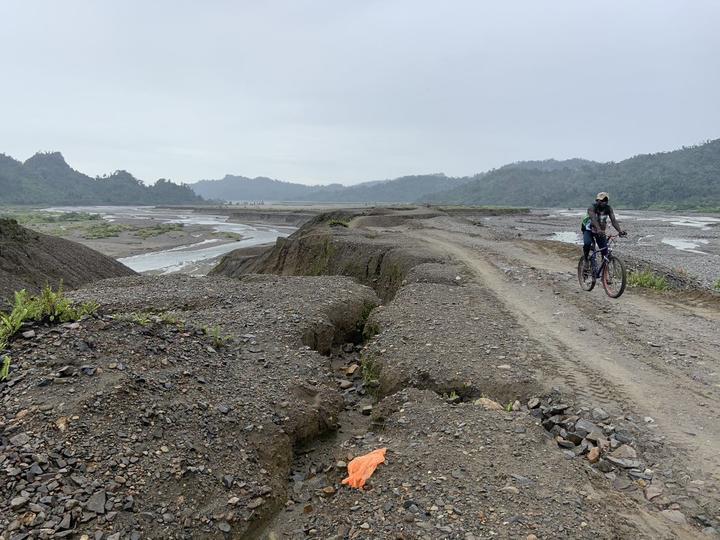
DW: With these announcements the minuscule share price for Bougainville Copper has soared.
KMcQ: “Well, it has doubled on news of this announcement. And it means that BCL has a market capitalisation of around about NZ$260 to NZ$265 or NZ$270 million . The point about the doubling of the share prices is the support that it reflects for the re-opening of mine.
“Plus it also, it paves the way for a company to be a little bit more settled in the prospects of the process of reopening the mine. The last valuation that they had to reopen the mine, which was several years ago now, said that it would cost between around about NZ$6 billion to reopen the mine. But over its lifetime, it would earn roughly $75 billion.
“So it’s a high risk, high reward investment. But the fact that this resolution has been made, declared, share prices doubled. It means that Bougainville Copper is probably a lot more confident this week than it was last week that it could go ahead and do some preparatory work for the reopening of the mine, which could take five to seven years.”
DW: They are just eyewatering figures aren’t they?
KMcQ: Well, it shows the potential. I mean this is a mine that was the second biggest gold and copper mine in the world. And there will be a lot of companies, global companies keen to get involved. Rio Tinto has put its fingers into the air and sniffed the wind and it realises that this could finally happen.
DW: You mean Rio Tinto is lining up to to work with its former company?
KMcQ: “Well, it certainly looks that way. In 2016, because of the criticism that Rio Tinto had, or was receiving because of the huge environmental damage that it caused to the Bougainville area, it gave away its mine.
“It had a choice of either fixing up the environment or walking away, as it saw it. So it walked away — gave those shares equally to the Bougainville government and the national government. But now it wants to get back involved.
“And over the last week it has been talking about repairing some of the environmental damage that it caused during the mine’s operation. But there are other companies involved around the world, which could get involved.
“I’m thinking Glencore, the Swiss-based development company could get involved as well. Now, the reason why this is important is because BCL does not have the financial wherewithal to go and reopen the mine at a cost of $6 billion.
“And it’s only gotten roughly NZ$260 million in play. And really, it doesn’t have the expertise to reopen the mine, develop it, run it. It would have to go into partnership with one of the big mining companies Rio Tinto, or Glencore, or somebody else.
“The former president, Sir John Momis, had negotiations or had talked to China about the possibility of a Chinese company moving in and developing the mine. So in the current climate of debate around China’s role in South Pacific, one has to wonder just what impact that might have on the Australian, New Zealand, American governments.”
This article is republished under a community partnership agreement with RNZ.
